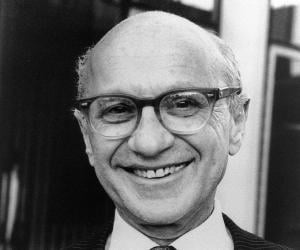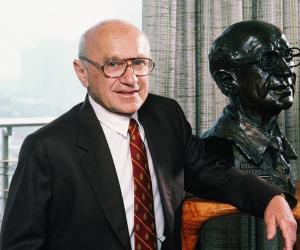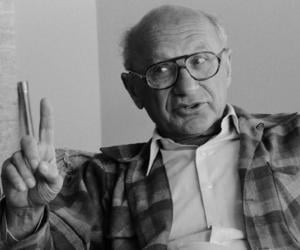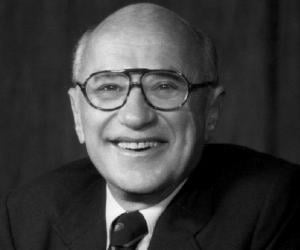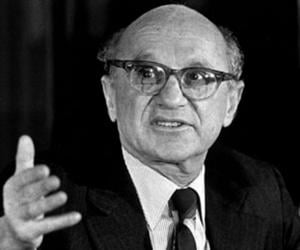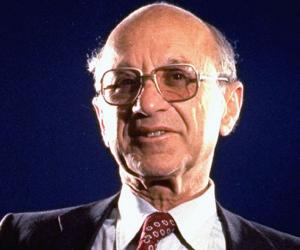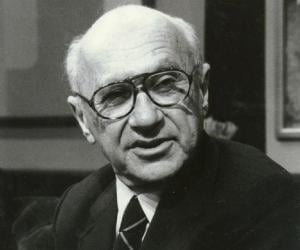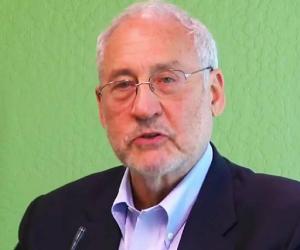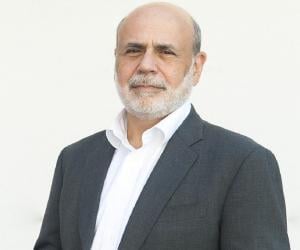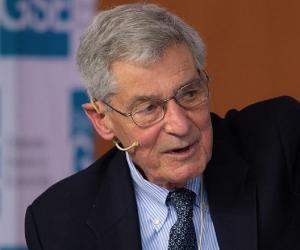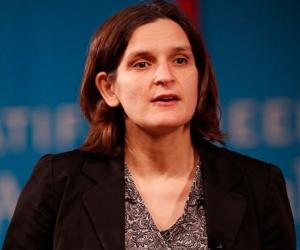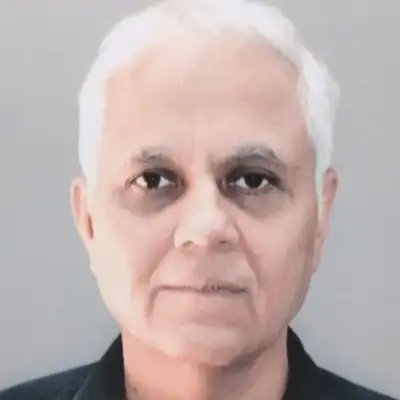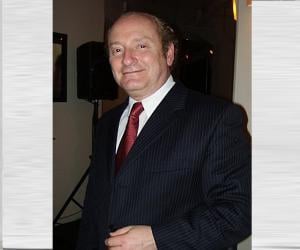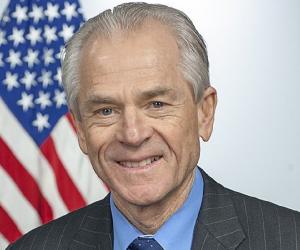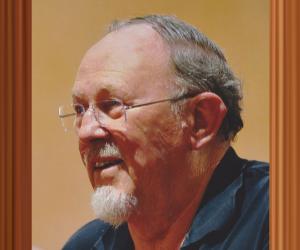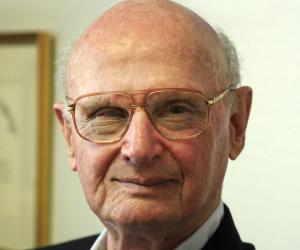Born In: Brooklyn, New York, United States
Milton Friedman
Milton Friedman was a well-known American economist and professor of statistics at the University of Chicago. He received the Nobel Memorial Prize in Economic Sciences. He has made his mark among other economists and scholars and is best known for his theoretical and empirical research work in consumption analysis, monetary history and theory for demonstrating the complexity of stabilization policy. He acted as an economic advisor to the U.S. President Ronald Reagan. His political philosophy that propagated the virtues of a free market economic system with little intervention by government is practiced by many governments. His works greatly influenced the research agenda. He also served as the leader of the Chicago school of economics under the University of Chicago. Milton Friedman's works include monographs, books, scholarly articles, papers, magazine columns, television programs, videos, and lectures. He wrote on a variety of topics on microeconomics, macroeconomics, economic history, and public policy issues. Originally a Keynesian supporter of the New Deal, he insisted on the government intervention in the economy. He then founded The Friedman Foundation for Educational Choice. The Economist called him "the most influential economist of the second half of the 20th century…possibly of all of it". He was a prolific writer, who apart from writing books, also contributed regularly to various magazines. His last column was published in ‘The Wall Street Journal’ a day after his death at the age of ninety-four.
Born In: Brooklyn, New York, United States
